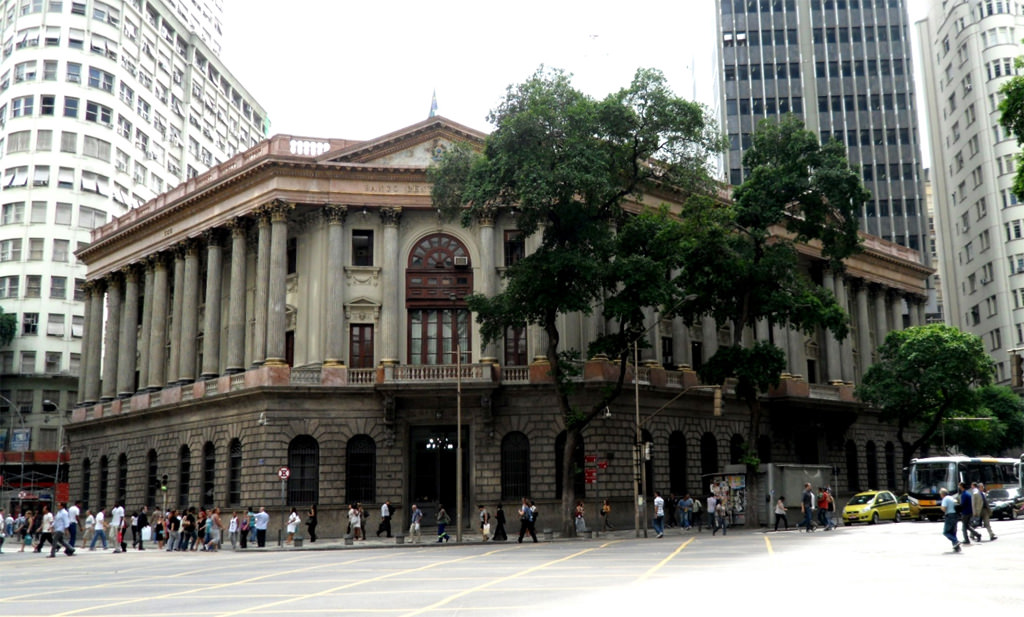
Brazilian Central Bank Outlines Digital Currency Risks
The Central Bank of Brazil (Banco Central do Brasil) has issued a digital currency warning, joining the central banks of India, China and many other large economies across the globe in outlining risks associated with digital currencies.
The Brazilian warning does not bring anything new to the table, it reads like similar statements issued by other national regulators over the past few months.
The bank points out that digital currencies should not be confused with electronic money, as defined by Brazilian legislation. Unlike digital currencies, electronic money is governed by various normative acts and it allows the users to make transactions denominated in domestic currency.
Digital currencies do not, and therefore they are not considered 'electronic money'.
No guarantees, no consensus
The Central Bank of Brazil points out that digital currencies and payment systems have been a subject of international debate for a while, but no concrete conclusions have been reached so far. It stated:
The bank also pointed out that digital currency conversion cannot be guaranteed, as these currencies are not backed by tangible assets or traditional monetary authorities. The conversion value depends on the trust and confidence of those using the currency.
“There is therefore no government mechanism to guarantee the value of currency instruments known as virtual currencies,” the bank said. All the risk is in the hands of the users.
Volatility, illegal activities
Volatility is also mentioned as a serious concern. The low volume and limited acceptance of digital currencies can lead to substantial fluctuations, and the bank warns volatility could even lead to a “total loss” of value.
Another concern is that monetary authorities in different countries can use their power to introduce measures that can affect the prices of digital currencies, or take other actions that could hurt investors, or even inhibit trading. The bank warned:
Lastly, digital currencies can be targeted by cyber criminals and stolen from digital wallets.
No threat to Brazil’s financial system
The Central Bank of Brazil concluded that digital currencies do not represent a risk to the national financial system, particularly in the retail payment space.
“The Central Bank Brazil is following the evolution of the use of such instruments and discussions in international forums on the subject - in particular about their nature, ownership and operation,” the bank said.
The organisation will keep track of international developments before it decides whether to adopt any measures within its mandate, provided they are applicable.
DISCLOSURE
The leader in news and information on cryptocurrency, digital assets and the future of money, CoinDesk is a media outlet that strives for the highest journalistic standards and abides by a strict set of editorial policies. CoinDesk is an independent operating subsidiary of Digital Currency Group, which invests in cryptocurrencies and blockchain startups. As part of their compensation, certain CoinDesk employees, including editorial employees, may receive exposure to DCG equity in the form of stock appreciation rights, which vest over a multi-year period. CoinDesk journalists are not allowed to purchase stock outright in DCG.


